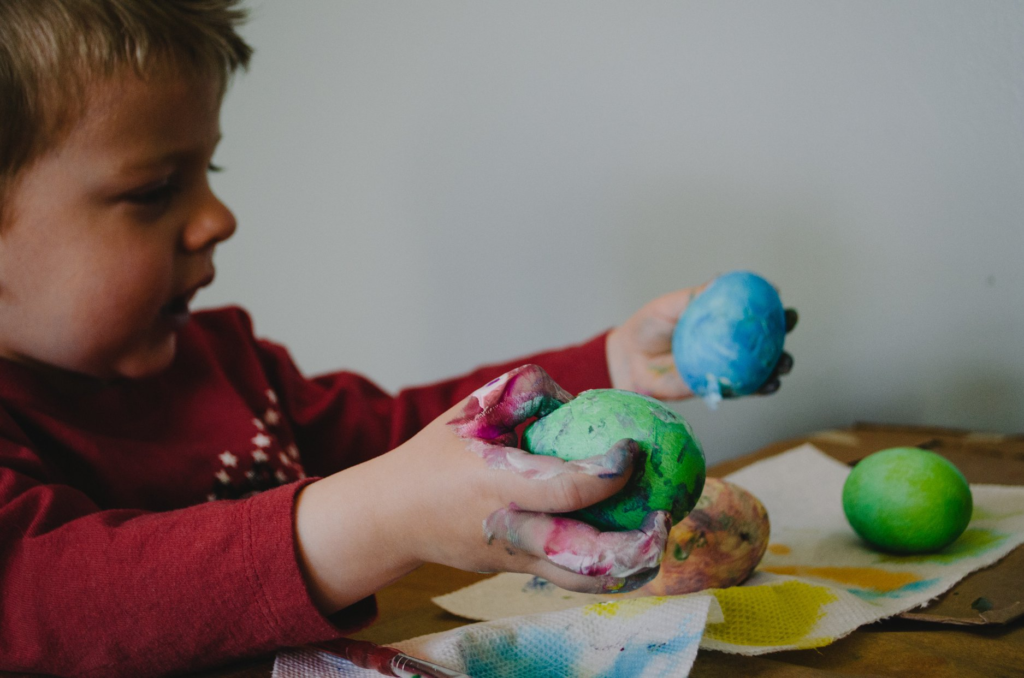How do your children play? What can children learn through play?
7th April 2020
Among many teaching methods, one of them is relatively common, that is, learning in the game. Following last week’s article on how to choose toys for children, this week we will talk about what it is to learn in the game? Maybe parents will worry about children losing interest in learning while ‘playing’ too, however if we were to ‘play’ properly, we may well transform their interest in ‘playing’ to motivation in ‘learning’. Many studies have pointed out that “play” is an action that will have a positive impact on children. Most “play” is happy, interesting and enjoyable. If we may consider how play can promote children’s physical and mental well-being, as well as their thinking development; we may then incorporate play in our daily life and make use of them as a learning tool.


Did you know? The original “play” is mainly divided into two types: Free play / Non-directive-play and Directive-play. Free play means that children can play as they like in a certain area – as long as it is provided by the place, they can play whatever they want and decide how they want to play. For example, free play in the park or in a soft play centre. However, directive-play is a kind of play that adults guide children to play, and children use their own choices and judgments to receive adult guidance to play. For example, following instructions to build a Lego model, playing hide and seek and what is the time Mr Wolf etc.


What skills can children learn through play? They can learn various skills through play, such as social skills, communication skills, self-regulation skills and more. You can also gain subject knowledge through play. For example, you will need a certain amount of vocabulary in order to communicate with others effectively in play, you will learn about buoyancy (science) through playing with water and marbles. Therefore, applied play teaching allows children to have a deeper impression of the learning process, and encourages them to explore and discover more fun in learning.

Through the above suggestions of learning through plays, do parents learn more about the idea of “playing is learning”? KnewSTEP Education respects the opinions of students, emphasises learning and experience, and helps students discover the fun and direction of learning. “Play” is one of the methods we encourage parents and teachers to use in teaching. To learn more information about pedagogy or our EWGC framework, feel free to contact our educational consultancy team.
Photo Credit:
http://blog.icpl.org/2014/07/31/playing-is-learning/
